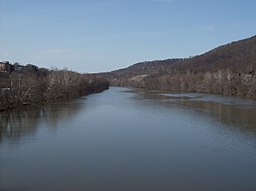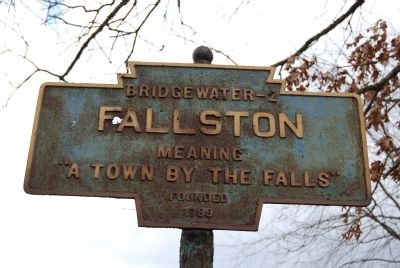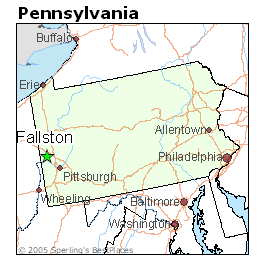
KIDNAPPED INTO SLAVERY
By Mark H. Welchley
Milestones Vol 9 No 4--Fall 1984
In 1846 a man, known as Dr. L. DeCamp and his young nephew came to Fallston, In Beaver Co. Pa., claiming to be from Kentucky. They rented the "Black Horse Tavern" at Brady's Run and gave Indications that they intended to reside there permanently and buy the place. After setting up business they spread the word that they wanted a couple of "colored" apprentice boys to help at the tavern. A local "colored" man took them to Hookstown where he obtained two boys from a family there aged about 7 and 4 as trial apprentices.
About a week afterwards the man who had helped obtain the boys noticed that the nephew and the boys were no longer in Fallston, and asked the uncle what had become of them. He was told that the nephew had taken them home again. By October 7, 1846 the uncle also had "cleared out," and the boys were found not to have been taken home. An investigation showed that the nephew had hired a buggy and harness from Samuel Thomas, a New Brighton grocer; these had never been returned. It had become obvious that the boys had been kidnapped and taken into nearby Virginia (now West Virginia), a slave state. It turned out that Dr. DeCamp had joked while in Fallston that he might take the boys south and sell them.
At this time Pennsylvania had laws against slavery and had a number of free black citizens who had never known slavery. Laws also permitted escaped slaves to be returned to their owners in the South, but various unscrupulous individuals would kidnap free blacks, cross the border and sell them in the southern slave markets where few questions would be asked.
The citizens of Beaver Co. had differing views concerning the eventual ending of slavery in the South, but at the time the "abolitionists" were considered somewhat radical. There was common agreement, though, that the kidnapping of the two young boys from Fallston was a crime.
The citizens of the area met quickly to plan their actions. Samuel Thomas had sent someone in pursuit of the stolen buggy, but this failed to bring results. Enough money was raised by subscription to finance a more lengthy pursuit by Mr. John Collins a young New Brighton attorney.
Collins managed to trace the boys through the interior of Virginia to Louisville, Kentucky where he found that the boys had been sold on November first, for $325. Collins reported that he was greatly aided in his search by co-operation of public officials in both Virginia and Kentucky and eventually found the boys and restored them to freedom.

Collins sent the boys back home "under proper protection," probably on a steamboat and set off after Dr. DeCamp who was reported to have gone off to St. Louis.
On December 26,1846 a public meeting was held in New Brighton and the boys were presented to members of the committee that had been formed to rescue them. Among the members of this committee were: Robert Townsend, Abel W. Townsend, Rev. David R. Hawkins, James Cummins, Joseph T. Pugh and John R. Hoops.
It has not been possible to determine the names of the two boys because the sources used never call them by name. It was twice indicated that the boys were returned to their mother and there was never any Mention of a father. A search was made of the 1850 census of the Hookstown area and several black families were located there. The only family that came close to matching the known information was:
Cloe Bradley, age 40, born - Unknown
Edward Penny, age 10, born -- Pa.
Benjamin Foster, age 5, born - Pa.
Since the family of the kidnapped boys may have left Hookstown between 1847 and 1850, it may be impossible to be sure of their identities.
Dr. DeCamp was captured and extradited to Beaver Co. There it was discovered that a loophole in the law might make it possible for him to escape justice. The Pennsylvania Legislature had recently modified the law concerning fugitive slaves and free blacks putting restrictions on the slavers. They had neglected, however, to provide for crimes committed under the old law to be prosecuted under the new law.
Dr. DeCamp, in July of 1847, was being held on a larceny charge, until, it was hoped, the loophole in the kidnapping law could be closed. No further mention of the incident is made in the newspapers of the time and a search of Beaver Co. criminal records from 1846 to 1852 show no record of a trial. (source: Beaver County History)






No comments:
Post a Comment